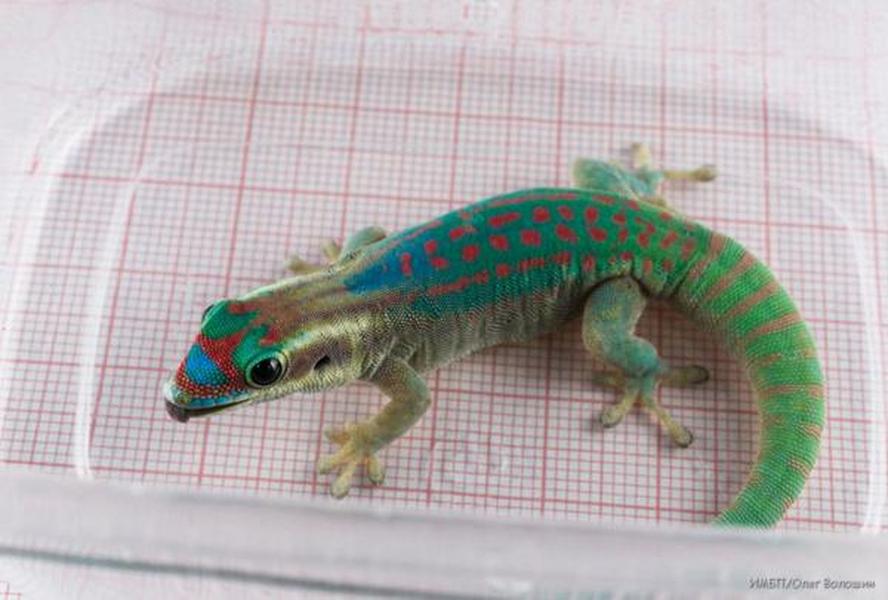Russian space geckos didn't survive their journey


A free daily email with the biggest news stories of the day – and the best features from TheWeek.com
You are now subscribed
Your newsletter sign-up was successful
Rest in peace, little guys.
Russia's infamous space geckos, which were sent into space to test the effects of weightlessness on copulation, didn't survive the trip home. Russia's space agency confirmed Monday that the satellite, the Foton-M4 capsule, had landed, but all five of the geckos had died. Drosophila flies were also sent on the flight, and they have apparently survived.
"It was established that while the Drosophila flies handled spaceflight well, developed and bred successfully, all the geckos, unfortunately, died," Russia's space agency said in a statement. "The date and circumstances of their deaths will be established by specialists." Russia's Interfax suggests the geckos caught hypothermia and froze to death.
The Week
Escape your echo chamber. Get the facts behind the news, plus analysis from multiple perspectives.

Sign up for The Week's Free Newsletters
From our morning news briefing to a weekly Good News Newsletter, get the best of The Week delivered directly to your inbox.
From our morning news briefing to a weekly Good News Newsletter, get the best of The Week delivered directly to your inbox.
A free daily email with the biggest news stories of the day – and the best features from TheWeek.com
Meghan DeMaria is a staff writer at TheWeek.com. She has previously worked for USA Today and Marie Claire.
